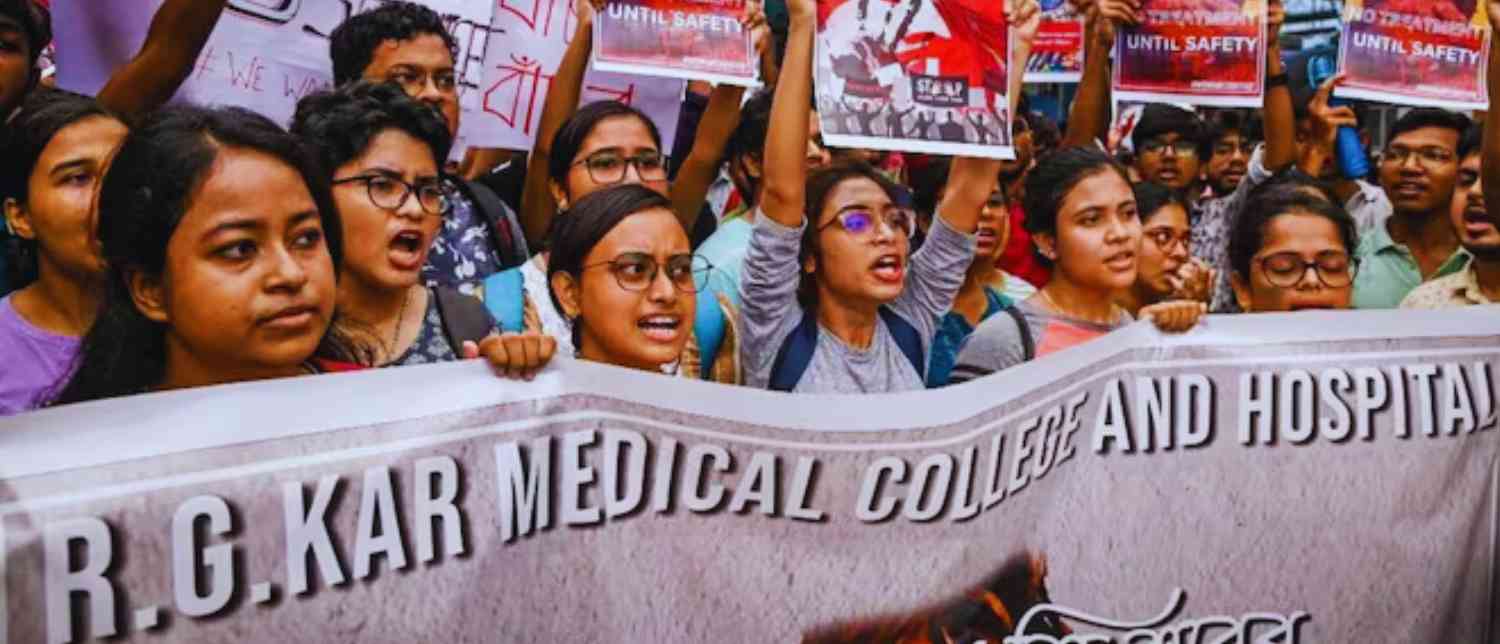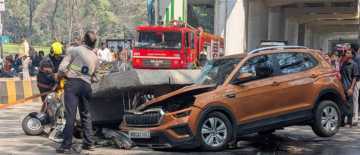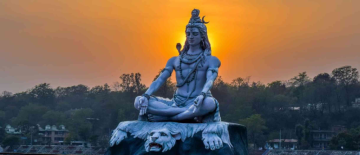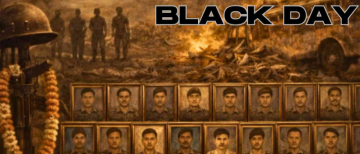The family of the victim in the R.G. Kar Medical College rape and murder case has escalated their pursuit of justice by traveling to Delhi to meet with the Director of the Central Bureau of Investigation (CBI), Praveen Sood, and the Union Home Minister, Amit Shah. This move reflects their deep frustration and growing concern over the investigation’s progress, transparency, and the possibility of a wider conspiracy beyond the convicted individual.
The tragic incident occurred in August 2024, when a postgraduate trainee doctor at the prestigious R.G. Kar Medical College in Kolkata was brutally raped and murdered within the college premises. The crime sent shockwaves throughout the medical community, the city of Kolkata, and the entire nation. It sparked widespread protests and a strike across West Bengal by doctors demanding justice and stricter measures to ensure safety on medical campuses.
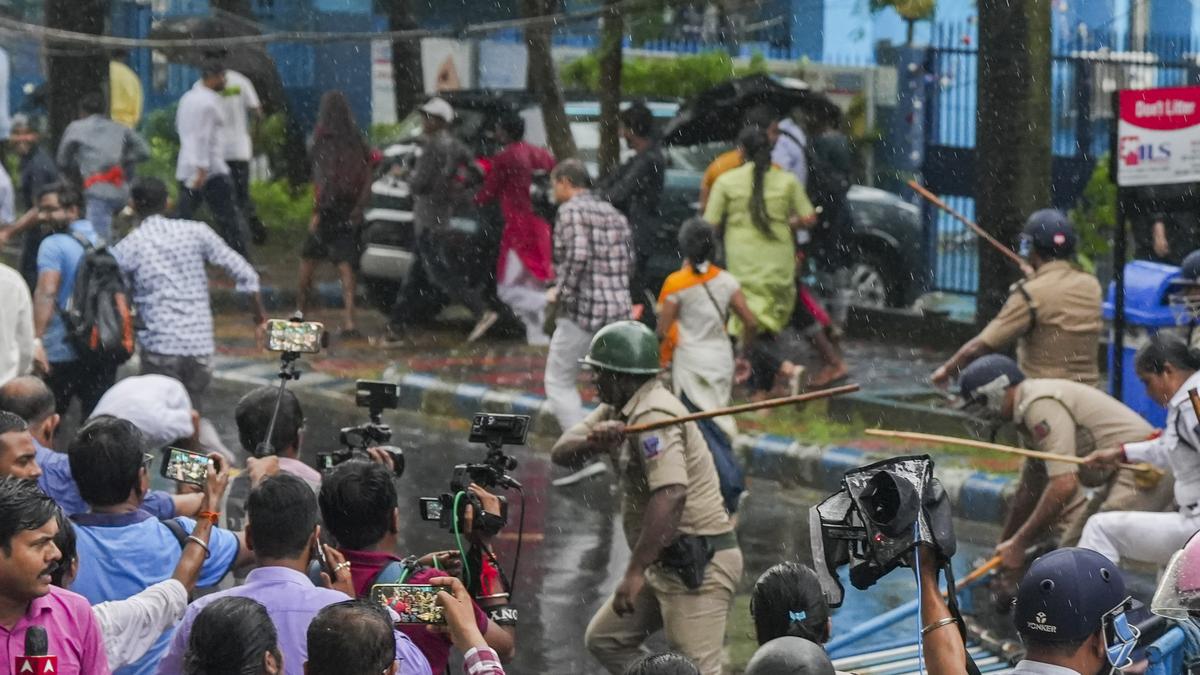
Initially, the Kolkata Police handled the case but due to widespread public mistrust, allegations of police negligence, and charges that the investigation was not thorough or impartial, the case was handed over to the CBI. In January 2025, Sanjoy Roy, a civic volunteer, was convicted and sentenced to life imprisonment for his involvement in the crime. However, the victim’s family remains unconvinced that justice has been fully served.
The family alleges that from the outset, many important leads have been ignored or deliberately suppressed. They claim that at least 30 to 40 individuals, including officials and influential persons, could be linked to the crime and efforts to destroy evidence. These allegations raise uncomfortable questions about institutional complicity and whether adequate safeguards exist within the police and political machinery to protect victims and ensure impartial investigations.
The victim’s father has openly criticized both the West Bengal government and certain police officials for what he describes as systemic inaction and possible attempts to cover up key facts. He also expressed distrust towards the CBI, accusing them of lack of transparent communication and delays despite the agency’s reputation for impartiality. Further, he questioned how effectively taxpayers’ money was being utilized in this high-profile investigation.
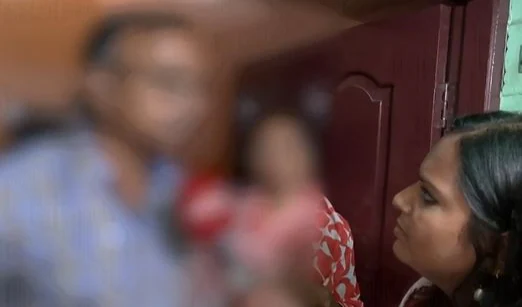
In light of these concerns, the family has formally requested personal meetings with the CBI Director Praveen Sood and Home Minister Amit Shah. These meetings aim to highlight the perceived gaps in the investigation and press for renewed vigour and thoroughness from the top levels of India’s law enforcement and home affairs administration. The family hopes that direct engagement will bring fresh attention and resources to the case, ensuring no stone is left unturned.
Additionally, the family is mobilizing public awareness efforts to underline the broader implications of their struggle. They have reached out to political parties and civil society to support a march called Nabanna Abhijan. Planned for August 9, 2025—coinciding with the first anniversary of the crime—this march seeks to keep pressure on authorities for accountability and better safety mechanisms for women, especially in educational and professional institutions. However, the proposed march has met legal hurdles, facing restrictions and accusations that it might disrupt public order.
This case sheds light on the complex challenges that arise when criminal justice intersects with politics, societal expectations, and institutional trust. While the conviction of one accused marks a significant step forward, the family’s ongoing demands and their references to a ‘threat culture’ in the state reflect wider anxieties about the reliability and fairness of law enforcement agencies.
More broadly, the case has triggered intense discussions across India about women’s safety, the responsiveness of institutions to sexual violence, and the urgent need for institutional reforms. It highlights how deeply victims’ families and communities can suffer when justice is perceived as slow or incomplete.
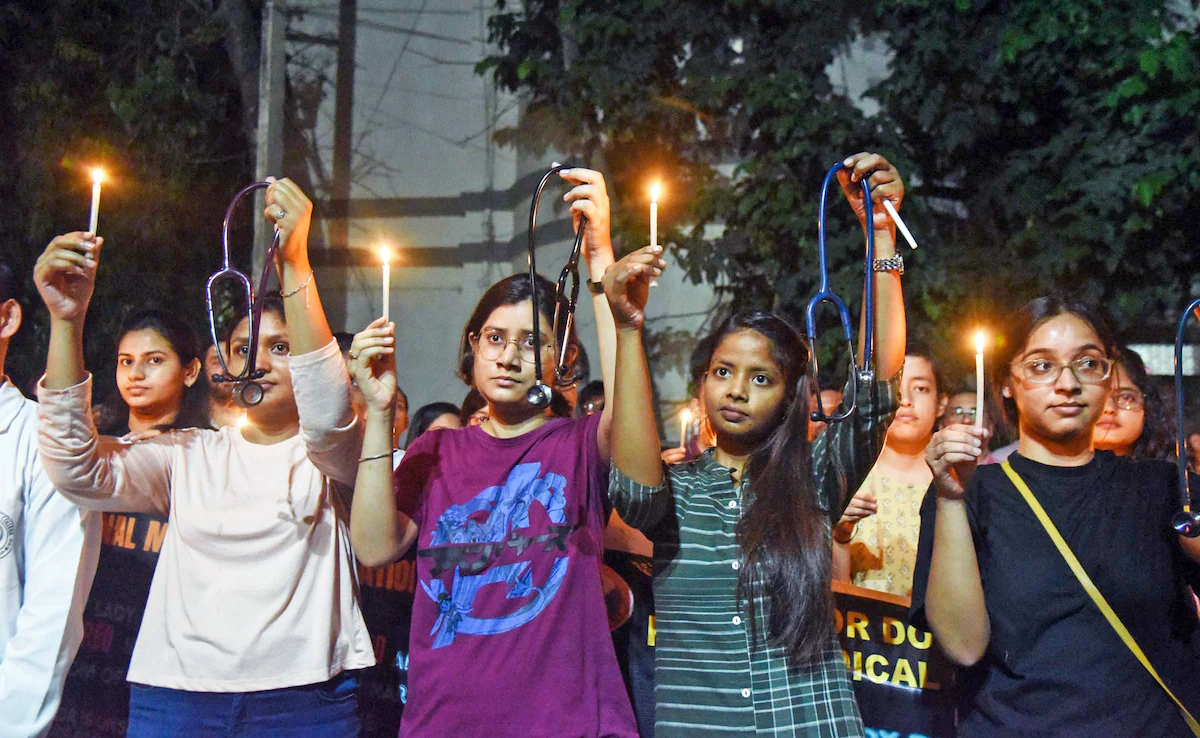
Moving forward, what remains critical is the response of the authorities to these heartfelt pleas. Will the CBI and the Home Ministry take concrete steps to address the alleged gaps and restore public confidence? The meetings in Delhi could mark a turning point—either demonstrating accountability and renewed commitment or further fueling skepticism.
Whatever the outcome, the R.G. Kar case continues to resonate strongly in public discourse with lessons for all stakeholders: the police, judiciary, government, and society at large. It is a reminder that true justice involves openness, speed, and impartiality, to uphold not only the law but also the faith of the people it serves.
With inputs from agencies
Image Source: Multiple agencies
© Copyright 2025. All Rights Reserved. Powered by Vygr Media.

